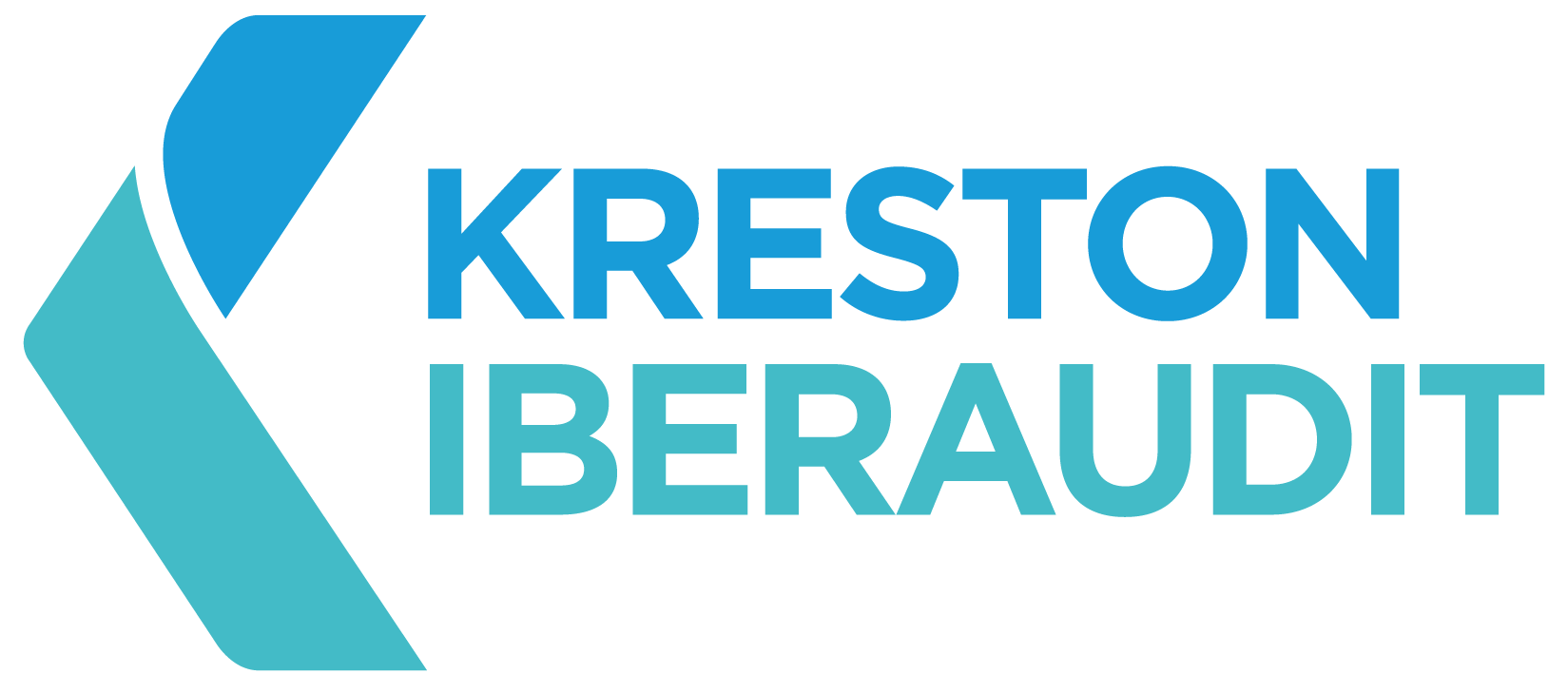I want to take this opportunity to share with you the opinions of someone like Jon Lisby, Kreston CEO of the global audit network Kreston. A personality who lives 365 days a year traveling around the world as a leader of Kreston offices in more than 100 countries.
We analyse with him the future of global auditing in five questions and five essential answers to understand where the industry is going.
1. How do you manage an organisation like Kreston when it has a presence in more than 100 countries and when you have so many firms to coordinate?
Clearly coordinating Kreston members in more than 100 countries presents a challenge but today’s efficient communication systems – email, intranet, Skype etc., make regular connection across the globe very easy.
There is however nothing that beats the benefit of face to face meetings Click & Tweet! – that is the only way to really develop effective working relationships with the Kreston members around the world, so I spend a large proportion of my time, travelling the world, visiting member firms and attending Kreston Conferences, whether global, regional or national. For example, in the past 4 weeks, I have visited China, France, USA and Germany.
2. What is the real level of globalization of the economic world?
No-one can deny the fact we now live in a truly globalised world. Even though there has been a slowdown with the weakness in the global economy in recent years, global trade is still predicted to grow by some 2.5% this year. Major corporations operate seamlessly across international borders and even new businesses look to operate on the global stage right from the start – whether looking for customers, outsourced services, suppliers.
3. Is the world economic crisis a current or past state?
It is clear that the world is slowing recovering from the economic crisis of 2008. Click & Tweet! Overall growth is now forecast around 3% but there is a wide range of speed of recovery across the globe with developing nations achieving growth rates of perhaps 5-6% while advance economies are closer to 2%.
4. How new technologies will affect accountancy?
The accountancy profession is amongst the industries forecast to be significantly impacted by digital disruption with perhaps as much as 30% of the services we current provide being eliminated by technology. These services fall into the categories of both data entry and artificial intelligence. Accountancy firms need to be ready to adjust to the coming changes Click & Tweet! and move to utilise the new technologies and the Cloud to enhance the service offering they provide to clients. Accountants need to ensure they secure the position as trusted advisor for their clients moving away from analysis of historic data to providing real time advice and support.
5. What do you think it is and what do you think will be the audit role in the development of the world economy?
With the advent of new systems such as blockchain coupled with rapid advances in the audit methods available such as data analytics, there is little doubt that the nature of audit will continue to change and move ever closer to real time reporting.
The purpose and role of audit will however be unchanged – investors will always need assurance and confidence in the financial statements produced by management. I cannot imagine a situation where capital would be invested without the reassurance offered by independent audit.
Thank you Jon, I will see you next week in Granada in the Kreston Iberaudit annual Conference.


